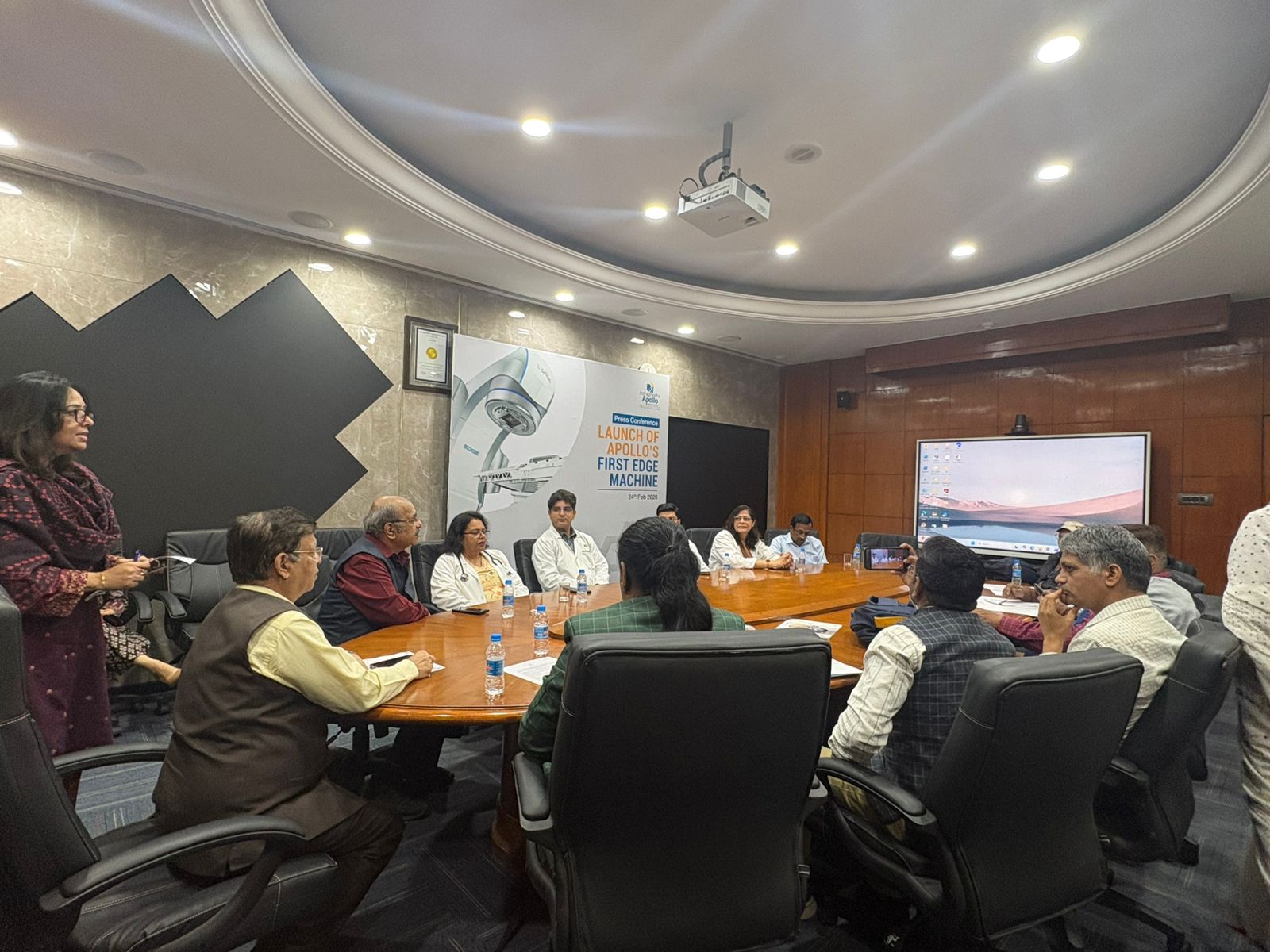For transport companies, GPS tracking offers numerous benefits. For example, it can help reduce direct labor costs, as managers of mobile workers often have little visibility into how long a job takes. It can also help optimize routes, so that more jobs can be done in a day. The use of GPS technology allows transportation companies to reroute individual vehicles and entire fleets, resulting in lower fuel costs and higher productivity.
Using a GPS tracking system allows transport businesses to optimize routes. In fact, Crescent Electric Supply Company saw an improvement in route optimization within the first month after installing a GPS asset-tracking system. They reduced their daily mileage by 1,600 miles and realized a return on investment of 93 percent. This real-time monitoring also allows managers to make on-the-fly decisions and reroute drivers to avoid congestion. Meanwhile, GPS technology also makes it possible to update customers about the location of cargo in real-time, so they know where to expect it when it arrives at the destination.
One of the biggest advantages of GPS fleet monitoring & tracking system for transport businesses is that it can keep drivers safe. It helps identify dangerous driving behaviors and correct them. Cable One, a cable delivery company, has a fleet of 1,000 vehicles. Since implementing a GPS tracking system, speeding incidents have reduced by 68 percent in a single month. It is an excellent benefit for small and medium-sized transportation businesses .
In addition to providing fleet security and reducing fuel costs, GPS tracking helps transport businesses improve customer service. It can also improve vehicle maintenance and help businesses ensure that their vehicles are in good condition. This is essential for successful fleet management, as missed maintenance or other issues can cause costly downtime and waste money. By analyzing data related to a vehicle’s health and safety, a business can implement rewards and reward their drivers for good driving.
Using GPS tracker software for transportation businesses is a cost-effective way to increase profit and protect fleets. Its cost-effectiveness allows fleet owners to implement rewards programs that encourage better driving. The data from GPS tracking allows businesses to track fuel efficiency and manage unauthorized usage of vehicles. Aside from helping businesses improve their operations, it also provides a better experience for customers azm to.
Many transport businesses rely on their fleets to fulfill their needs. As a result, a GPS tracking system will reduce the number of unnecessary trips and minimize the amount of fuel consumed by employees. Moreover, it can improve driver accountability. Ultimately, using a GPS tracking system will help transport companies reduce their costs and improve their profits. It is also a powerful tool to boost the safety of fleets.
In addition to boosting profit, GPS tracking also improves the performance of drivers. Its dashboard camera provides an insight into driver behavior. Using a GPS tracking system helps businesses improve driver safety and performance. With this data, managers can improve operational decisions and minimize downtime, which leads to improved profitability. In addition to improving operational performance, GPS tracking systems can also help reduce accidents and safety incidents.
In addition to increasing employee productivity, GPS tracking can reduce costs. It can also increase customer satisfaction by identifying routes that are more efficient, and can reduce costs. With these benefits, GPS tracking is an invaluable asset for any transport business. A well-optimized route can lead to increased efficiency and profits. With a GPS tracking system, you can easily monitor where your employees are and which roads are best veiw comics.
The technology can also be used to track driver behavior. With a GPS tracking solution, you can track the location of your drivers at all times, even while they are in transit. It can also help prevent accidents by preventing accidents. It can also prevent driver misconduct and save money. Similarly, it can improve operational efficiency and boost profits. It is a valuable asset for the transport industry












